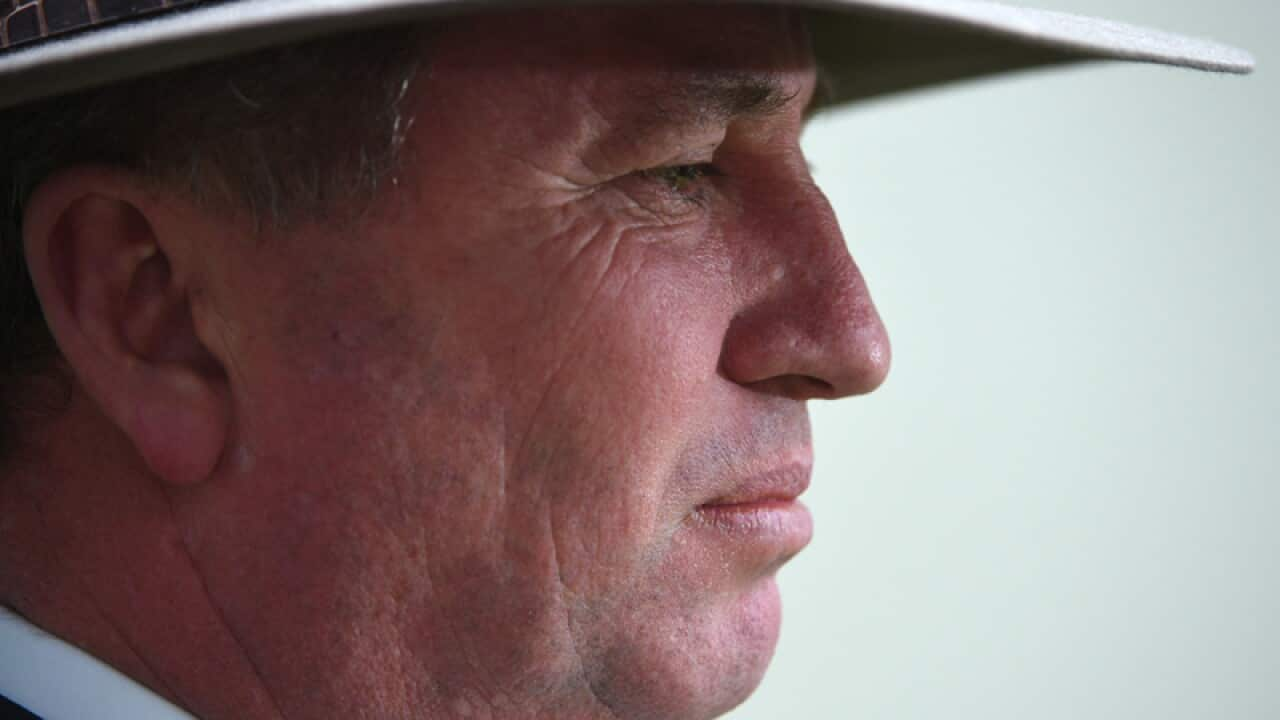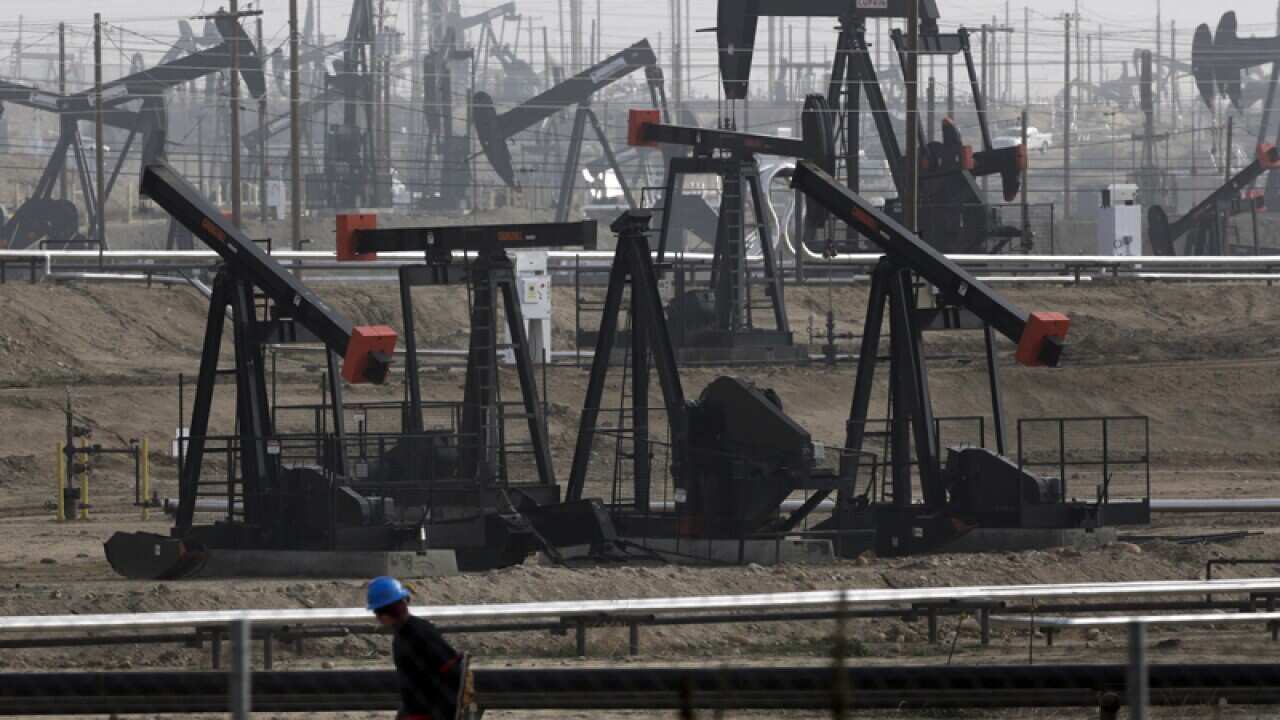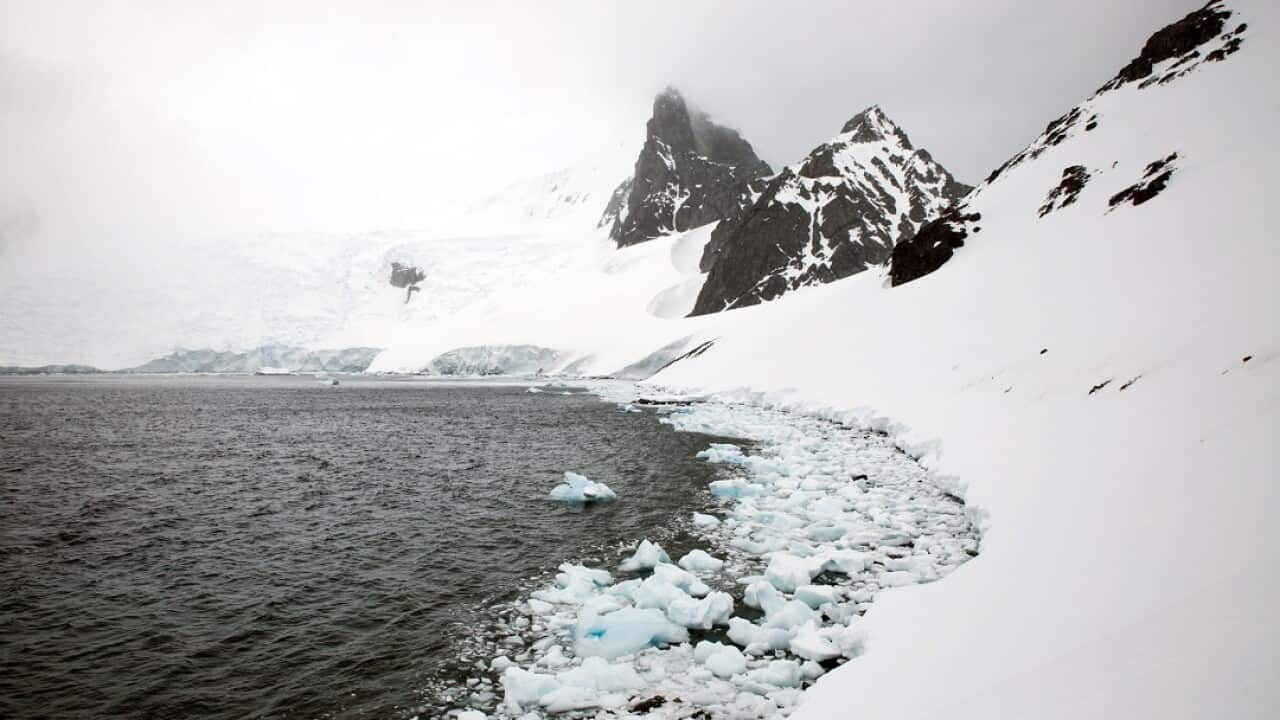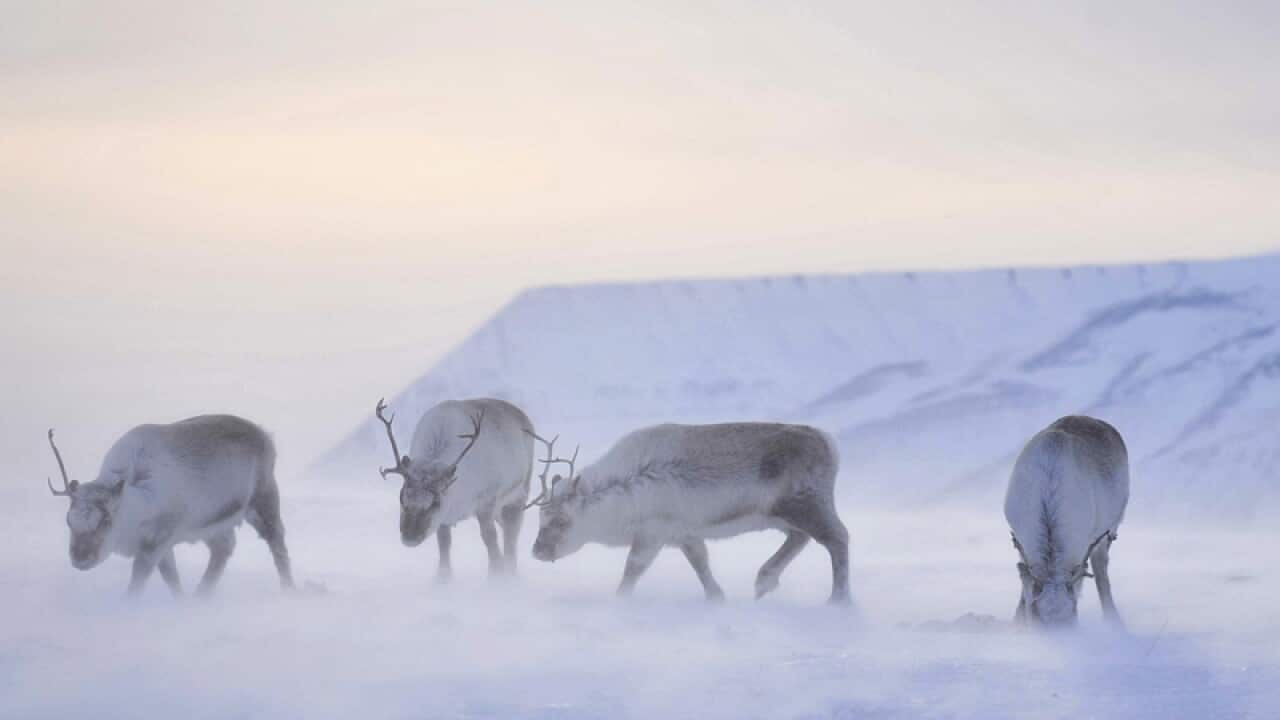Heatwaves across Australia are getting hotter, longer, more frequent and starting earlier in the year, a new report on climate change warns.
And other extreme weather events like storms, floods and cyclones are predicted to become even more intense and destructive over the coming decades because of past greenhouse emissions.
The grim forecast is detailed in a report released by the Climate Council on Wednesday ahead of another series of heatwaves across Australia.
Related reading

Aust will stick to climate deal: Joyce
The report says the number of days a year when the mercury rises above 35C will soar in all capital cities over the coming decades.
The outlook is particularly steamy for Darwin, with the number of "hot days" to reach 43 per year relative to the current climate before jumping to 265 days by 2090 under a "high emissions" scenario.
Perth's number of 35C-plus days are expected to increase to 36 per year by 2030, while those in Adelaide were expected to climb to 26.
The report also noted heatwaves were starting between eight and 19 days earlier in Melbourne, Sydney, Brisbane and Hobart, while the number of heatwave days had more than doubled in Darwin and Canberra since 1950.
In Adelaide, the hottest heatwave day was now 4.3C hotter than mid last century.
The 'Cranking up the intensity: Climate change and extreme weather events' report described heatwaves as a "silent killer", noting they caused some 2900 deaths in Australia between 1890 and 2013.
The report also said the time Australia spends in drought was expected to increase, particularly in the south, while maximum one-day rainfall was predicted to rise by as much as 18 per cent in capital cities.
It also predicted extreme coral bleaching would be the "new normal" by the 2030s unless there were significant reductions in greenhouse gas emissions, primarily accumulated by the burning of fossil fuels.
Climate Council scientist Will Steffen said Australia had to act to meet its emission reduction targets.
"Climate change is making extreme weather worse - the only way we can stop it is to get greenhouse gases down," he said.
Although the report stated short observational records made it difficult to discern trends for cyclones, bushfires and thunderstorms, Prof Steffen said he was confident in the predictions.
"I don't think it affects our confidence at all because we understand the underlying physics," he said.
The Climate Council is a crowd-funded organisation established to replace the Climate Commission, which was scrapped by the federal government in 2013.
Share





